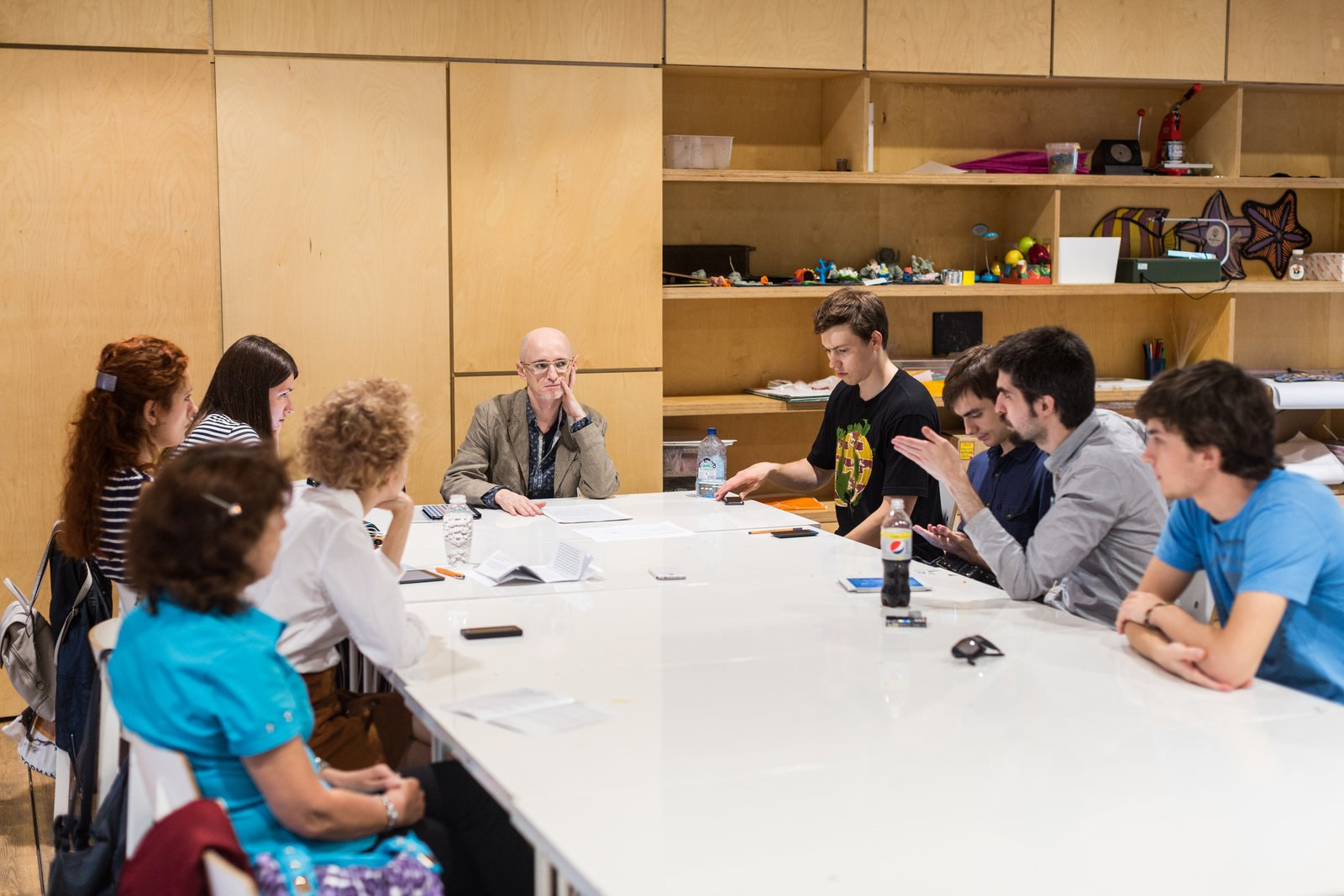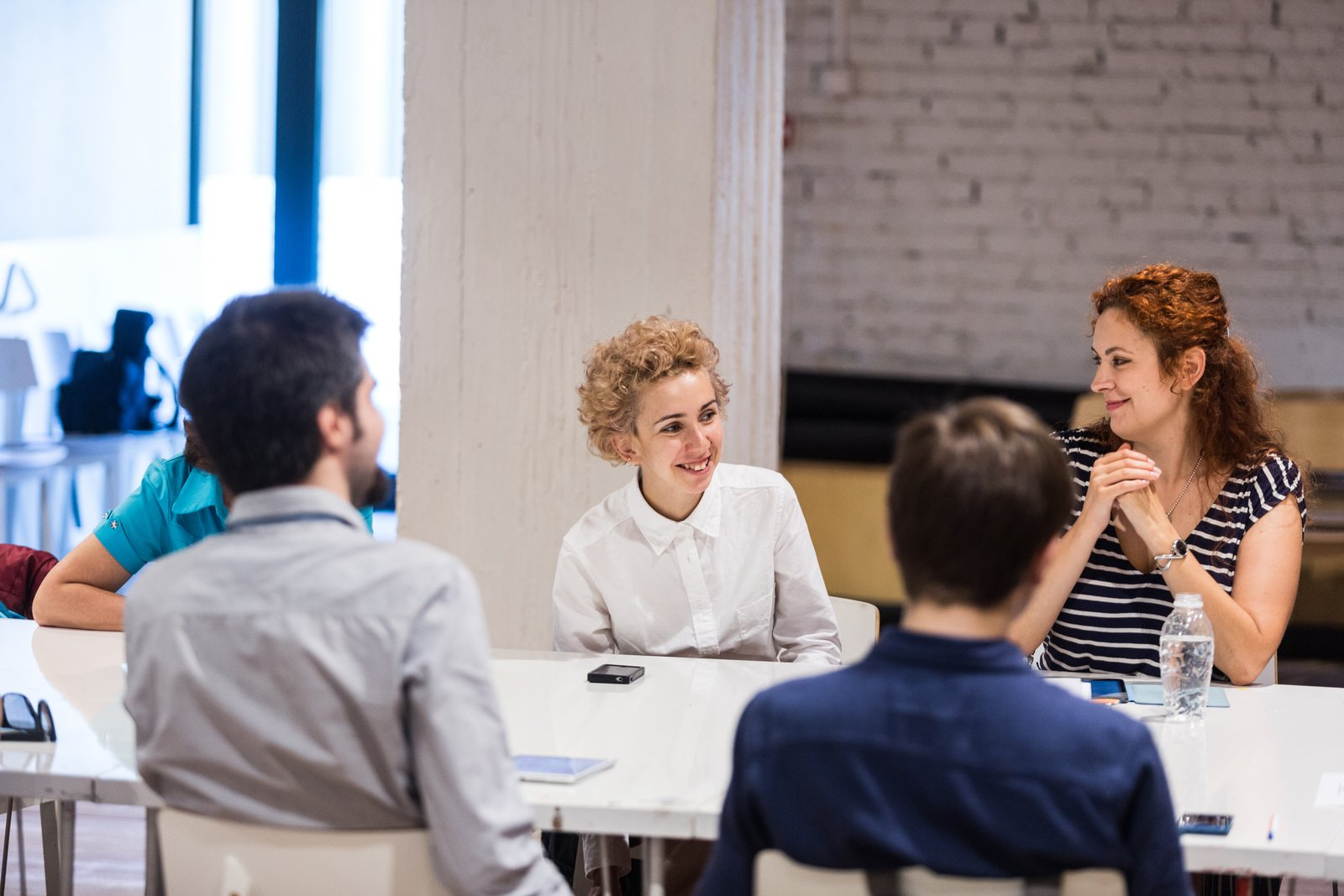READING GROUP 1
A Different Look at Nature in Art: From Imitation to Dissipation
Art abounds in images of nature: from the demonic ones in the West to the harmonious ones in the East. Reflecting the history of colonialism, assimilation and restoration attempts, it enters a new space of non-distinction, where culture merges with nature, raising questions about the future of existence. This reading group explores the stages of this transition and looks into the ideas of the city as the symbol of triumph over uncivilized and dangerous nature, of parks and gardens as pockets of wilderness; of man-made deserts and dark matter.
Moderator: Moderator: Nina Sosna (PhD in Philosophy) is a media theorist and philosopher, a lecturer at the Higher School of Economics, and Deputy Chief Editor at Philosophy Journal. She is the author of Photography and Image: The Visual, the Obscure, the Phantomlike (Moscow: 2014), the editor of Media: Between Magic and Technology (Moscow: 2014), and translated Jean-Luc Marion's The Crossing of the Visible (Moscow: 2010).
READING GROUP 2
Refuting Popular Myths about Marxism
As a philosophical, economic and political paradigm, by the beginning of this century Marxism has become inseparable from the myths that have emerged around it. The popular maxims about the class struggle, the base that determines the superstructure, and the artwork as a reflection of collective consciousness are only a few among them. The reading group will study texts that clarify the original ideas and refute such myths.
Moderator: Vlad Sofronov (Ph.D.) is an independent researcher, the author of Communist Sensuality: Reading Kierkegaard, Proust, Kafka, Marx (Moscow, 2009), and translator of Slavoj Žižek’s Sublime Object of Ideology and Arthur Lovejoy’s Great Chain of Being, as well as a contributor and editor at Logos, Art Magazine, and others.
READING GROUP 3
Intimacy as an Intellectual Problem
European cultures have always been interested in the intimate aspect of human life. Ancient philosophy and psychoanalysis, sociology and feminist thought have looked into our private lives to interpret what we do in terms of individual psychology and social analysis. In this reading group, intimacy will be discussed as an intellectual and philosophical category, within the approach that was first suggested by Michel Foucault and his analysis of the ways in which European cultures construct and maintain the ideas of pleasure and desire, determine our sexual behaviour, and shape our understanding of sex and gender.
Moderator: Vlad Sofronov (Ph.D.) is an independent researcher, the author of Communist Sensuality: Reading Kierkegaard, Proust, Kafka, Marx (Moscow, 2009), and translator of Slavoj Žižek’s Sublime Object of Ideology and Arthur Lovejoy’s Great Chain of Being, as well as a contributor and editor at Logos, Art Magazine, and others.
READING GROUP 4
Narrative in Photography and Photography as a Narrative
Photography will by analysed in the context of various social practises. Photographic sequences and the context in which they are seen can affect the viewer in different ways. In this reading group, we will read photographic books, moving from personal photo narratives—through research narratives—to the understanding of the role photography plays in the media. We will study photographic narratives as viewers—assuming the perspective suggested by the author—and analyse them as researchers with the help of theoretical writings on photography.
Moderator: Andrey N. Andreyev is a sociologist and a practicing photographer, author of a number of publications on biographical sociology. He was a lecturer at the National Research University Higher School of Economics (2009–2015).
READING GROUP 5
Madness and Modernity. Lacanian Analysis
Psychoanalytic discourse extends far beyond the clinic and informs our understanding of art, culture and philosophy. Heterogeneous as it is, contemporary discourse can find in psychoanalysis a fixed point, which Archimedes was asking for.
The new reading group will revolve around Jacques Lacan’s On a Question Prior to Any Possible Treatment of Psychosis. As well as a guide to analyzing a mad person’s psyche and one of Lacan’s first exercises in topology, this text is key to understanding contemporary subjectivity, which we find at the intersection of capitalist discourse and scientific progress. The contemporary individual is seen as a mad and anxious proletarian, alienated from the fruits of his or her labour and living in the world of numbers that he or she is encouraged to take for granted.
Moderator: Alexandr Bronnikov is a practicing psychoanalyst, a participant of Rennes 2 (France) and Moscow State Psychology and Pedagogics University joint education program. He is a lecturer in Lacanian psychoanalysis at the RSUH, and has trained at psychoanalytic clinics in Paris.

